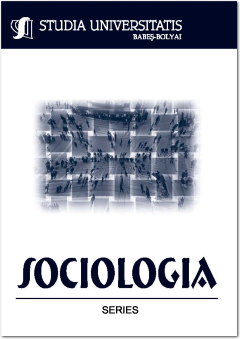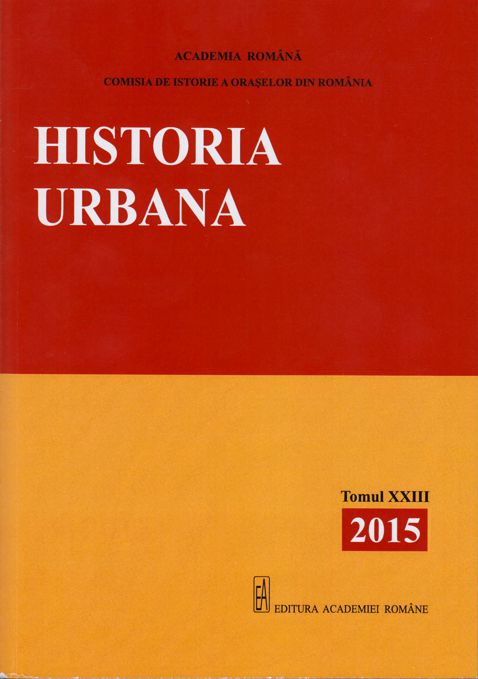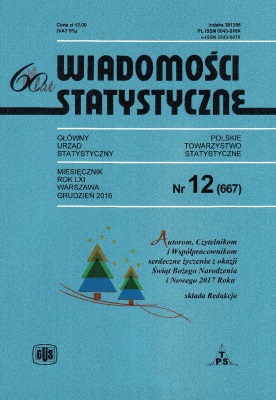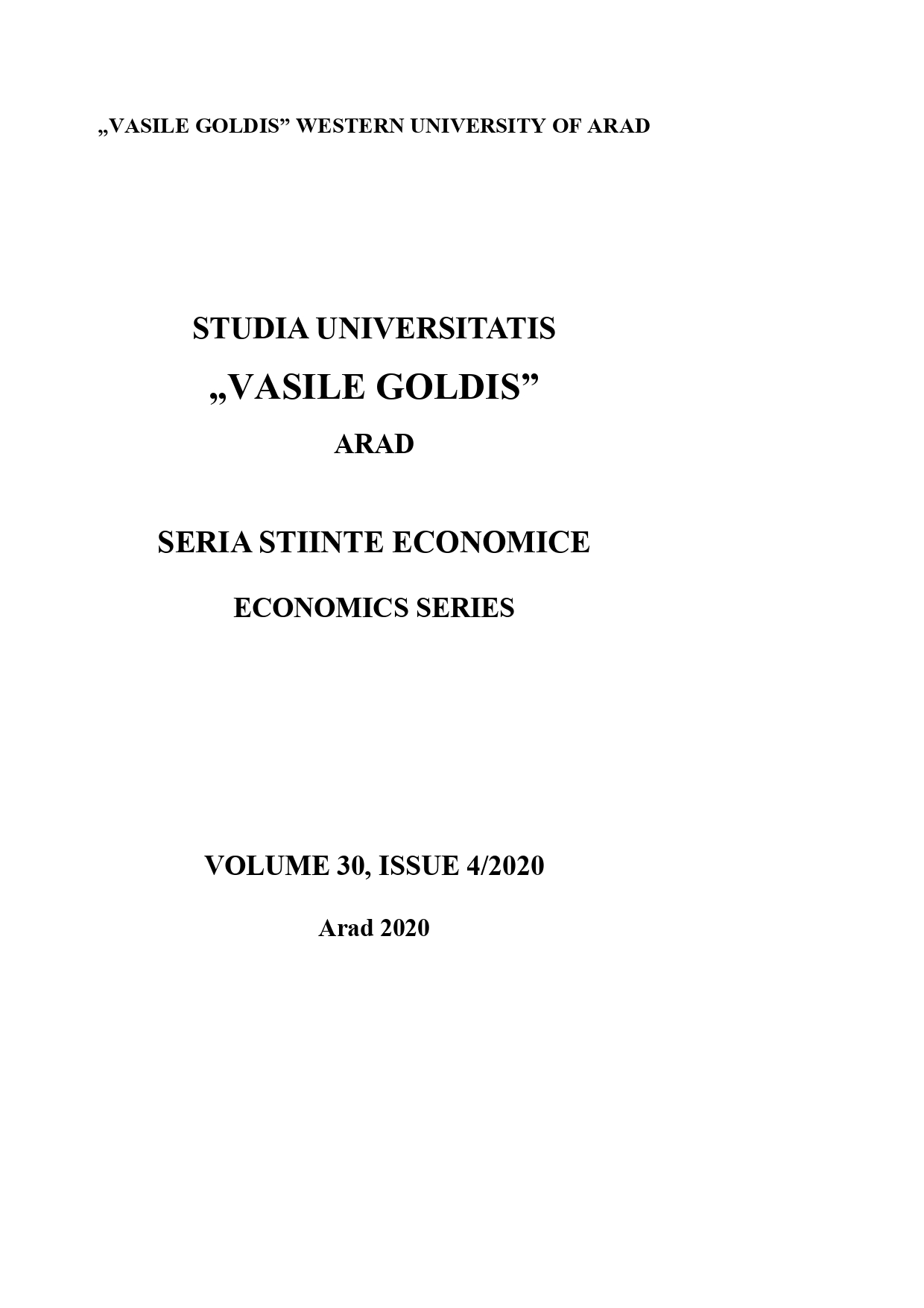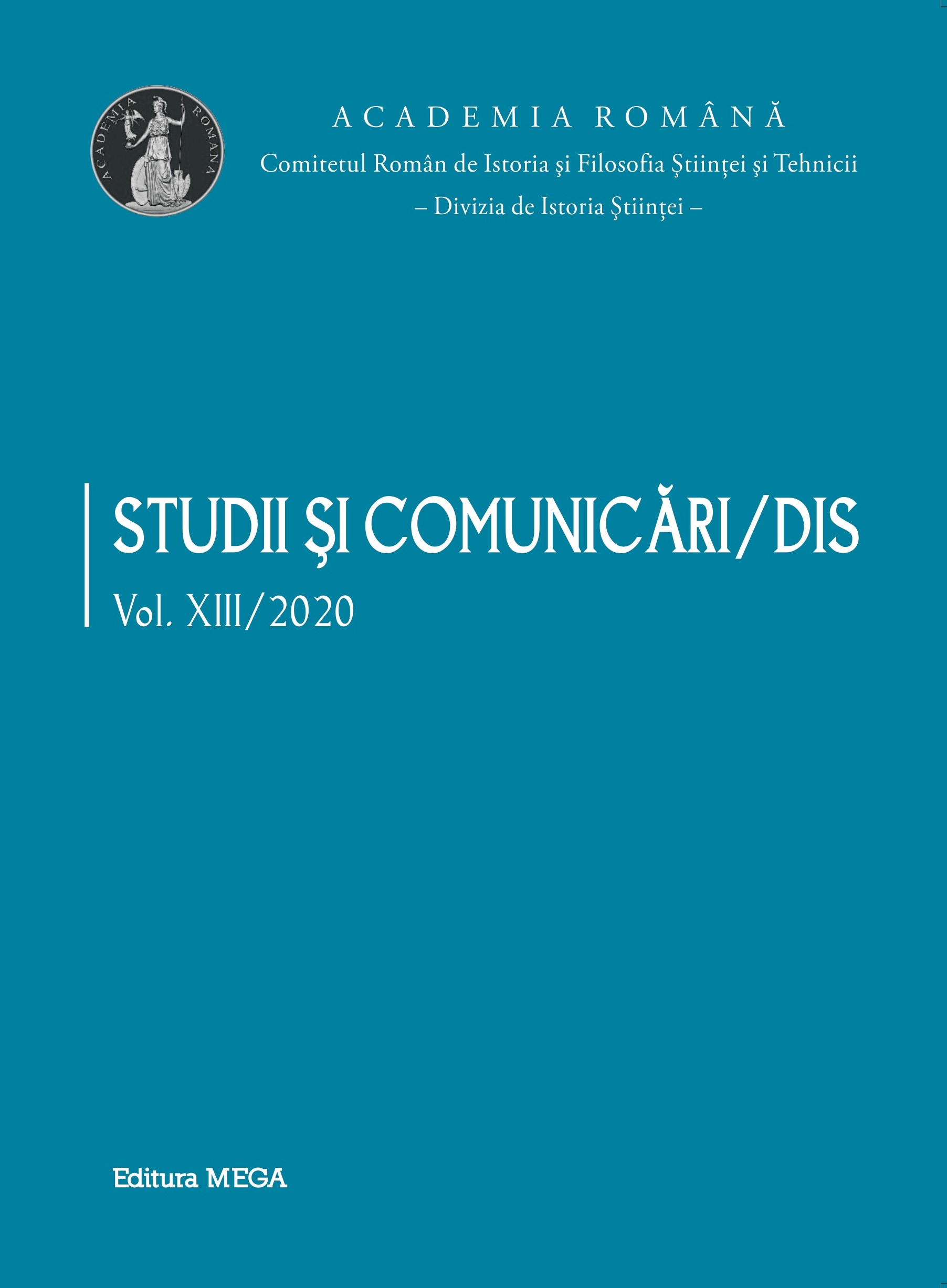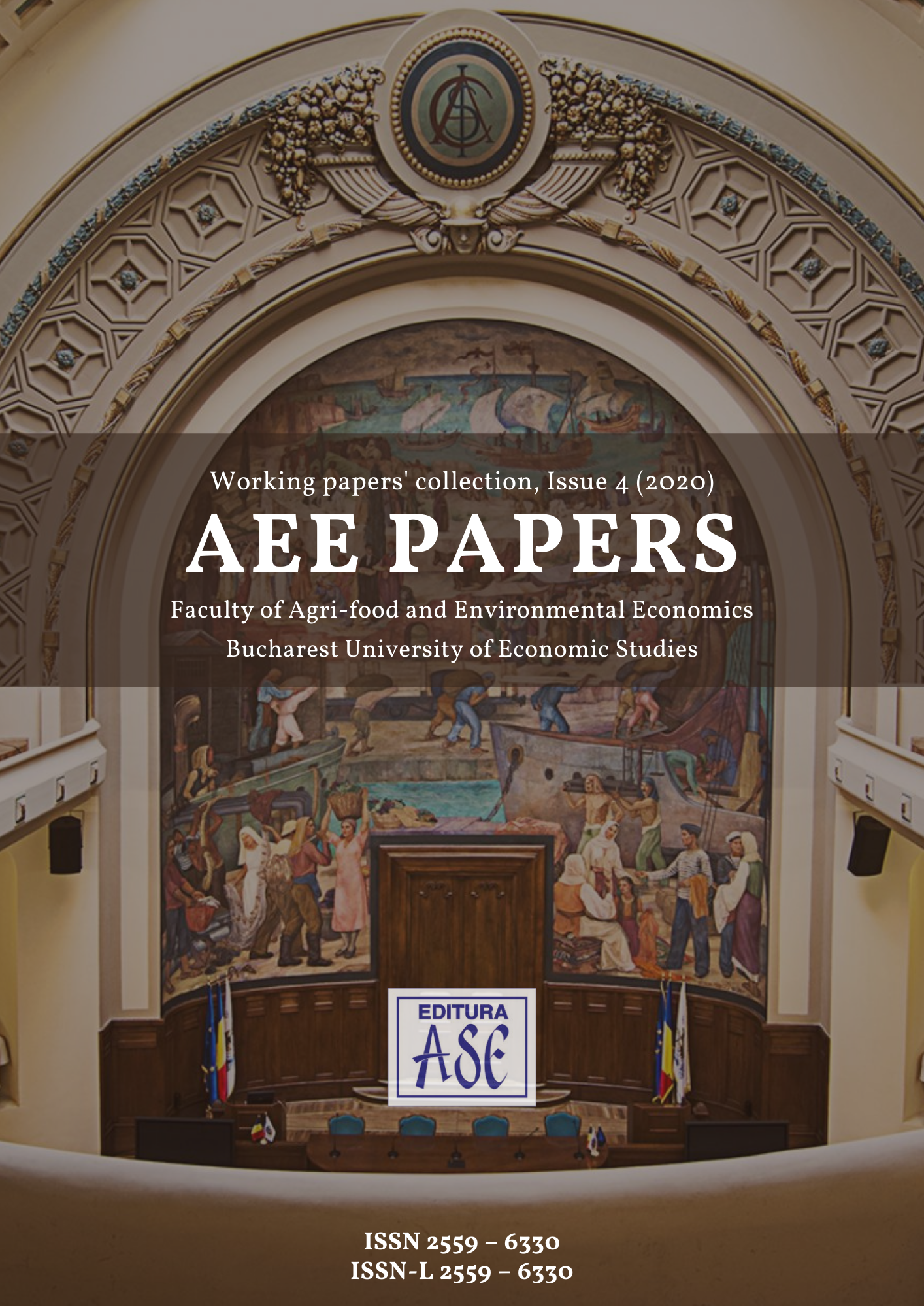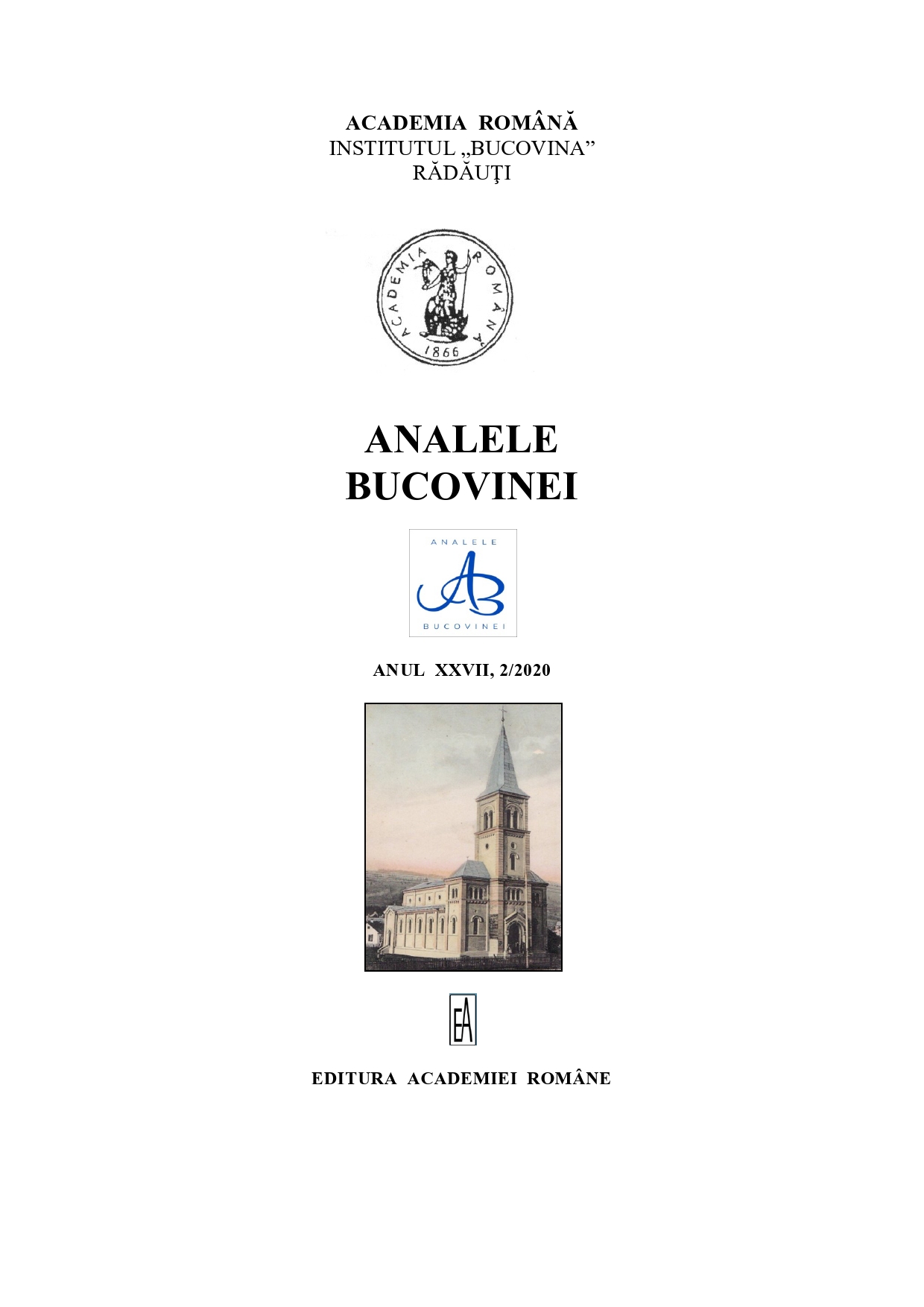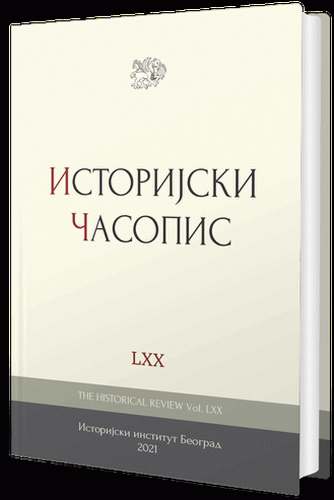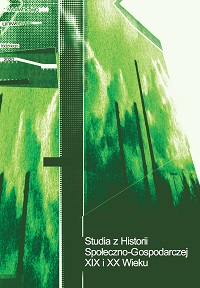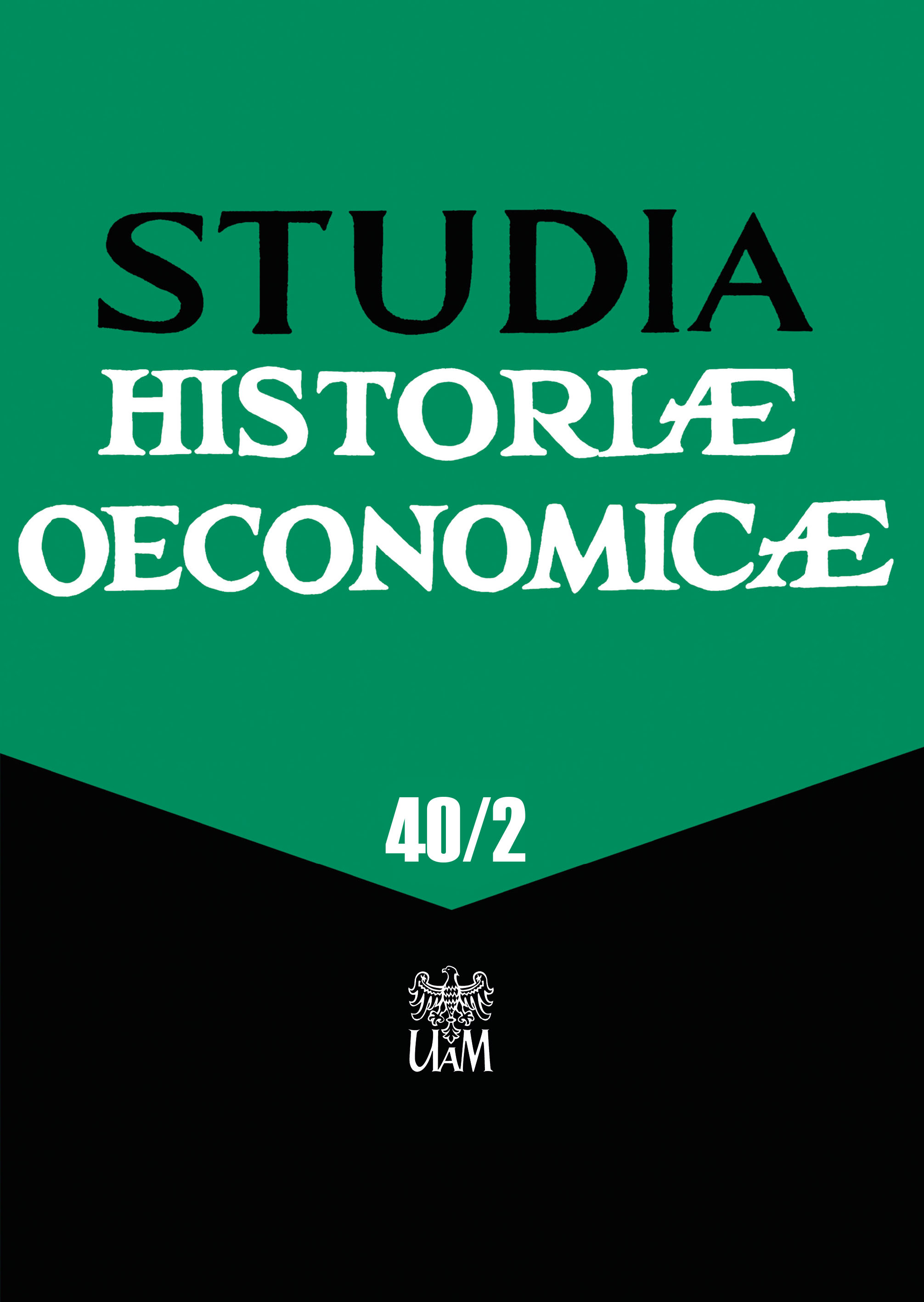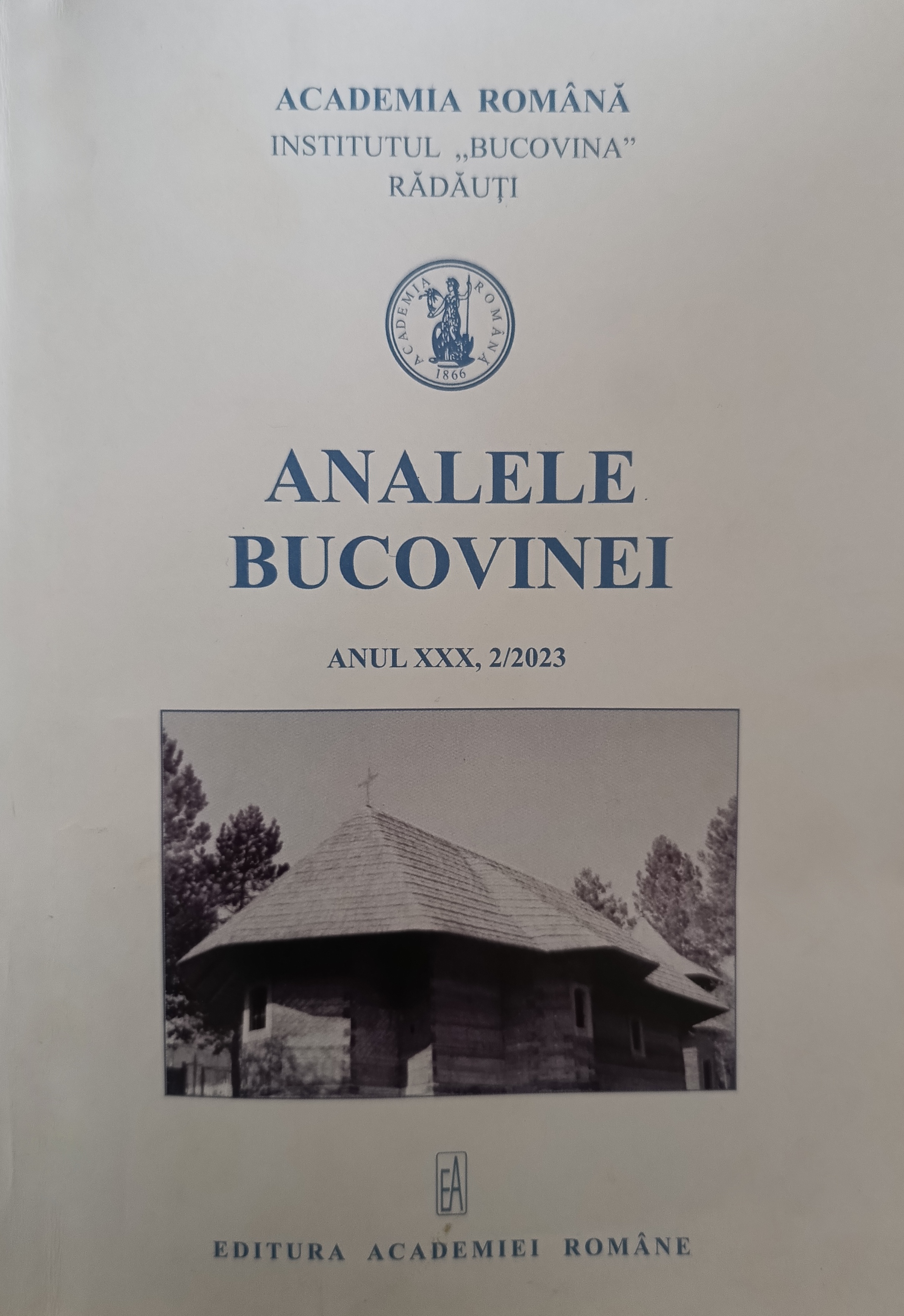Author(s): Ovidiu Bata / Language(s): Romanian
Issue: 2/2023
The study presents the great progress made by the institution of post, telegraph and telephone in Bukovina, especially in the 19th century, when, established on solid foundations, these institutions reached the level of organizations abroad and became important factors of modernization of society. Postal services emerged from the need for long-distance communication, which involved finding quick solutions for transporting or transmitting messages.Since the time of the military administration, a mail service on horseback was organized in Bukovina for military-administrative purposes. The first regular civil post office, with regular postal connections to Galicia and Transylvania, was opened in Chernivtsi on January 1, 1783, by the Viennese Johann Paul Vogel. The postal service has developed at a sustained pace in relation to population growth and ever-expanding business relations. In 1908, 213 post offices were operating. Relative to the area and number of inhabitants, a postal service covered 49 km2 and served 3 428 inhabitants.The steady, thoughtful and consistent development of the postal system over the decades was supplemented very early on by the introduction of the telegraph and, somewhat later, the telephone service. The first telegraph office that included Bukovina in the European telegraph network was established in Chernivtsi in 1855. At the end of 1896, the telegraph network had a total length of 764,34 km and 45 stations. In 1908, there were 104 post offices with telegraph service and 44 authorized railway telegraph stations. The first telephone exchange in Bukovina was built in 1883, in Chernivtsi, and then a fixed telephone network was extended in and between the cities and towns of Bukovina.
More...

